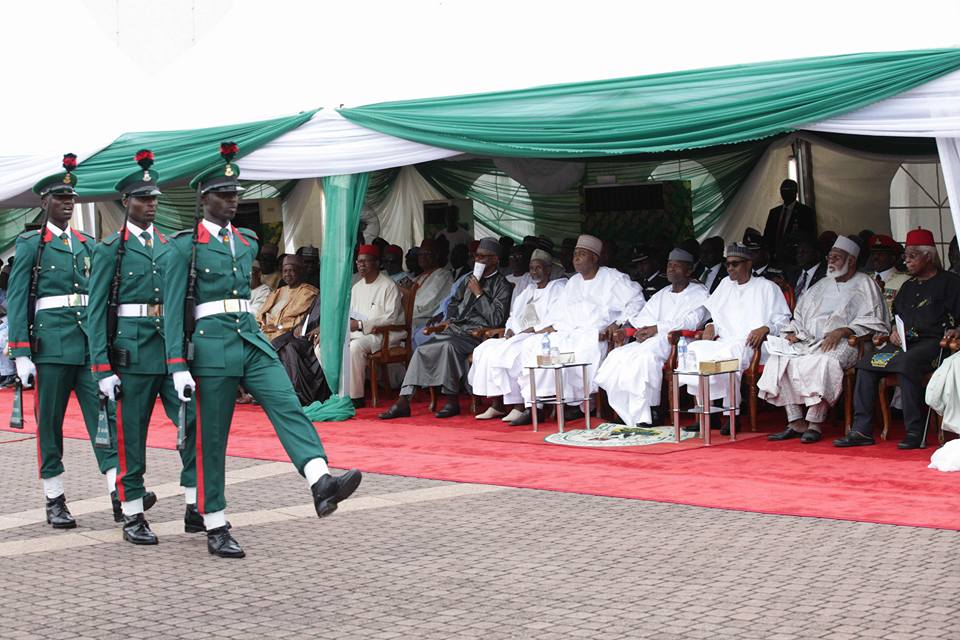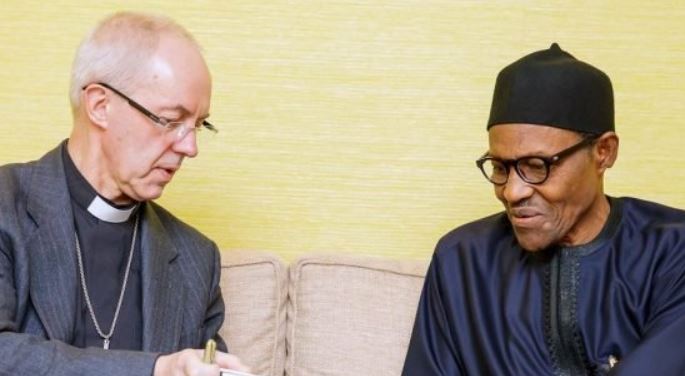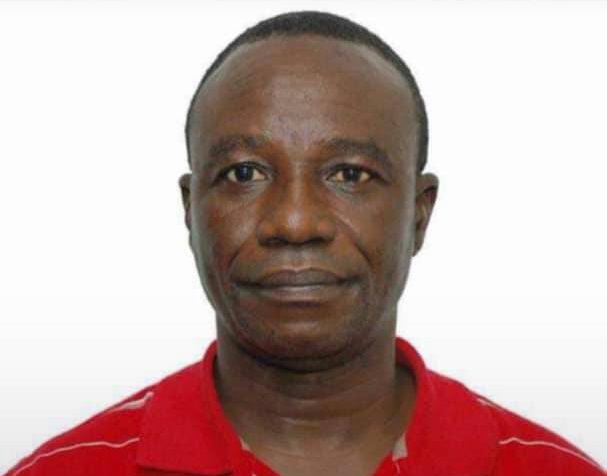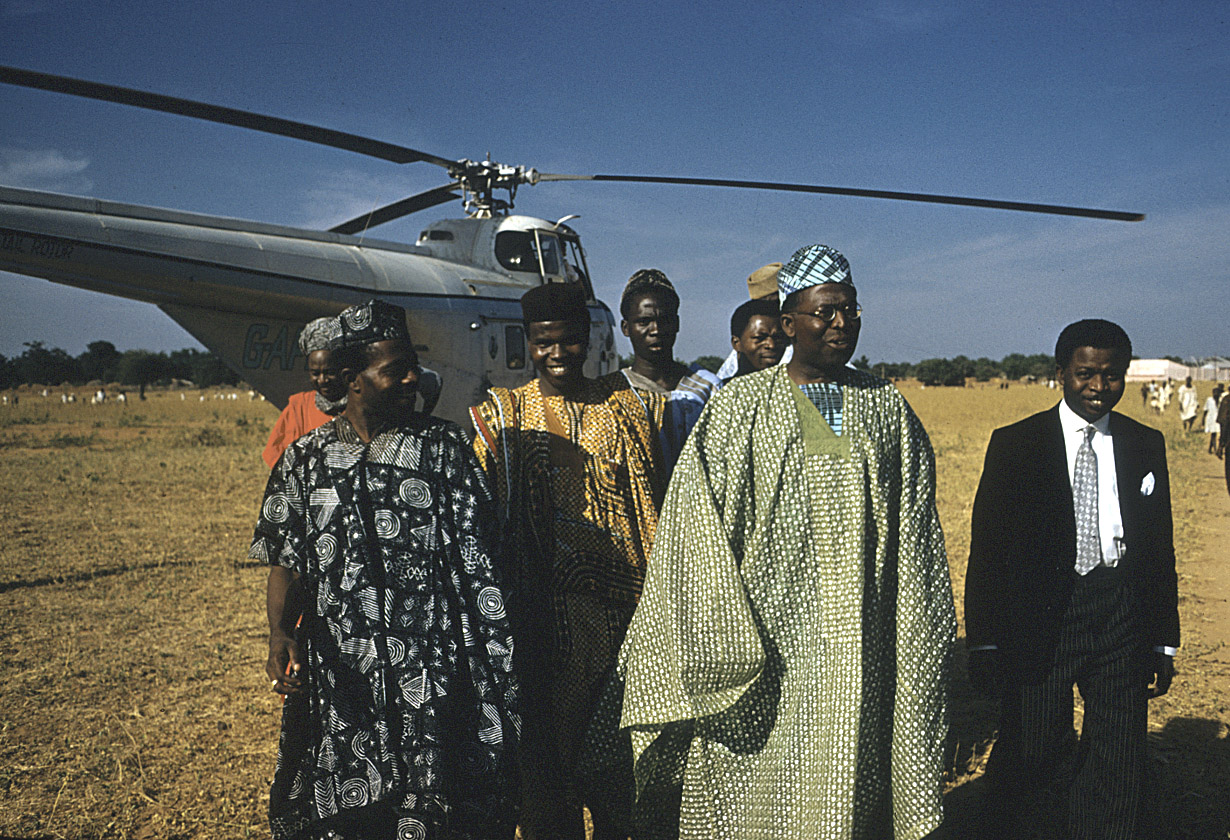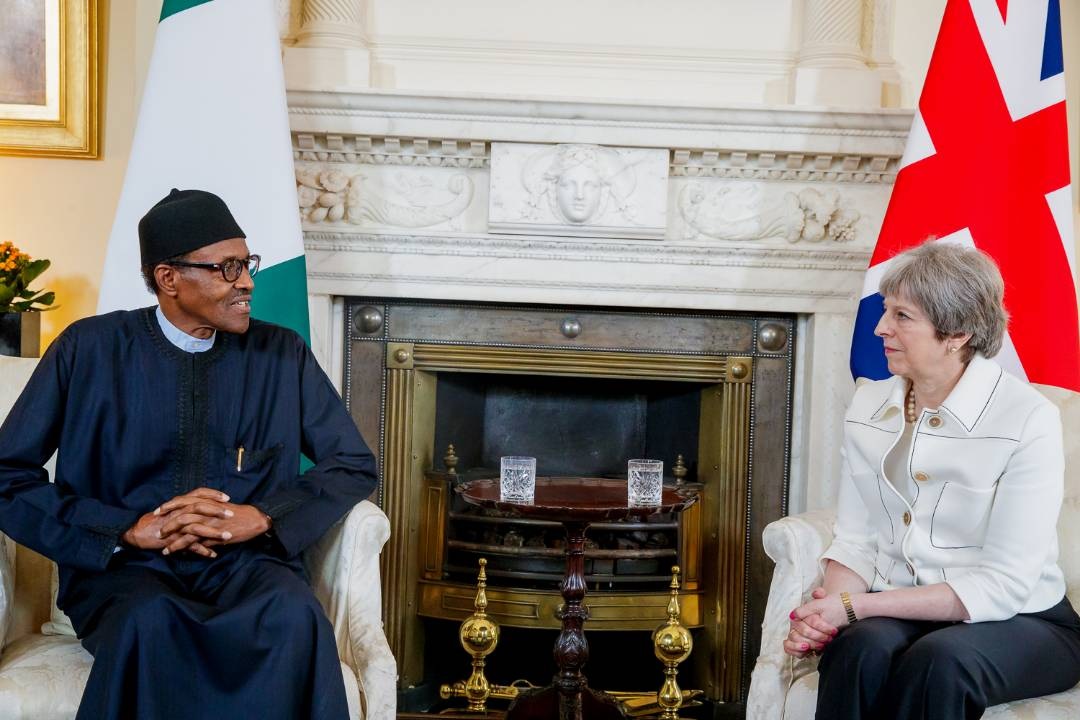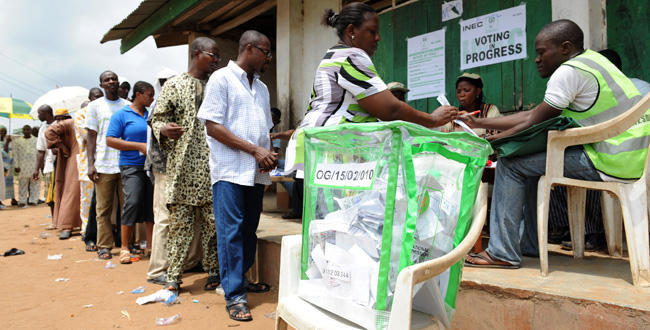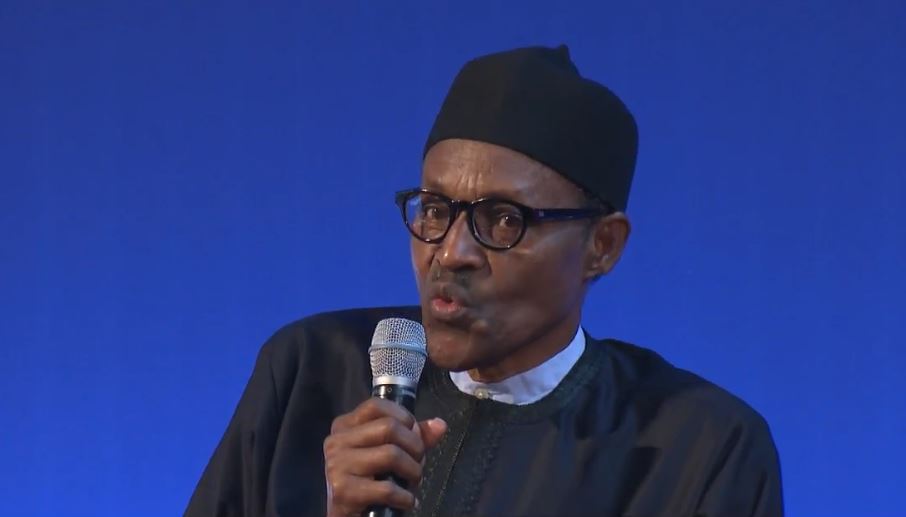The Nigerian state is passing through a very tough time, and we really need to admit this if we must even have a chance of outlining the solution. In fact, if we will but face the stark reality, the Nigerian national project is tottering terribly on the edge of the abyss. This is not a comfortable truth for me to come to term with. The reformer’s major weapon of business is hope and stubborn optimism. I have been concerned with the national project for as long as I am aware. As I have told the story countless times, the dysfunctionality of Nigeria as a state was brought live to my impressionable mind as a young boy both in the village and a few locations in the ‘wild, wild West’, out on an errand for my grandmother. There was no way I could explain why full grown men would be doused with petrol and burnt with impunity in the name of politics. But that was my first horrific introduction to postcolonial Nigeria. I guess it was also my unconscious take off point for reform. With a background in political science and political theory, it became somewhat easy for someone of my temperament to seek out order and harmony within the context of encroaching chaos and anarchy.
But even the most optimistic about Nigeria must somehow be compelled to come to term with how seriously challenged this project is turning out to be. In lay man’s term, a project is something one embarked upon and hopes to get done successfully within some set time. A building project, for example, is projected to get completed within a period of two years. If anything happens and the building is abandoned for any reason, then it ceases being called a project. In fact, a project is actually a projection of a vision, strategy or objectives. To build a house, I have to project a lot of thing—the design, the cost, and the actual implementation of the design within a particular time limit. And finally, I project the end or culmination of the entire project itself into a fully built house. Once this is done, I strike off “building” as a project, and commence with another stage; maintenance, maybe.
Nigeria is a building project. But it is a project that has struggled for 59 years to establish its greatness, despite the valiant efforts of its political managers. This is the Nigeria we all inherited at independence in 1960. And this is what we have been battling to put in a firm shape since then. By 1999, we got a significant rehabilitation of its foundation with a dose of democratic restructuring. Unfortunately, however, even the arrival of democratic dispensation does not seem to have brought any respite from encroaching sense of doom. Democracy seems to have brought too many confounding elements to bear on our optimism and hope for this protracted building project. Chief Obafemi Awolowo was definitely on to something, a very perceptive moment of foresight, when he characterized Nigeria as a “mere geographical expression.” We have spent 59 years trying to undo that description, without much success. But is that not what the colonialists gave to us as “Nigeria”? And it is definitely what we have to reinvent as our own after the dark night of colonial denigration into the land of unity and progress.
Let us inconveniently put aside Nigeria’s pre-democratic dispensations from 1960, and rather focus on her democratic experiment. Democracy is a sociopolitical ordering principle that is meant to snatch order from anarchy. But it would seem that our own brand of democracy is the very recipe that saps our aspiration for political order. Let us begin with the cost of Nigeria’s democracy. From 1999, our democracy has become too costly to maintain. It creates and reproduces wastage and redundancies. We have failed to adequately adapt and domesticate the presidential system to our peculiar national situation. Or rather, I should say that we have domesticated it to our negative national practice. It has now successfully become a spoil system that multiplies appointments and offices as means for compensating party loyalists and cronies. The long list of personal assistants, senior special assistants, special assistants, special/technical advisers, as well as an even longer list of sinecure political appointees, ensures that the wage bill generated by the presidential system will invariably emasculates the state’s development budget. The corollary offshoots of this are plenty. One is the electoral system and the cost of maintaining party offices in all the states of the federation. By far the most significant dimension of the cost of governance tragedy is the number of unviable states that drain budgetary allocations from the Federation Account.
Advertisement
We have had a string of four “democratic” leaderships since 1999. My expectation of democratic leadership is to take stock of the existing national situation and proffer lasting solutions. That is what leaders do. The Obasanjo and Jonathan administrations convened national conferences, but it seemed that the Nigerian landscape has conveniently swallowed the genuine recommendations from these conferences. The Yar’Adua’s administration was dodged by the politics of illness. The Jonathan administration allowed its own Transformation Agenda to be undermined by the permissiveness of corruption. And then we arrived at the Buhari administration. This was a moment of moments for Nigerians. Buhari had surfaced first in 1983 with mixed reactions. And since he was deposed by General Badamosi Babangida, he had maintained a toga of integrity that almost all Nigerians held on to in the 2015 election. Surely this must be someone that could harness the best leadership elements in Nigeria to get us out of the woods. Surely, integrity must have a role to play in the corrupt political firmament of Nigeria. Surely, Buhari must be a better political figure to replace the existing administration. And when, at his inauguration, the president announced that he would be for everyone and for no one. We all heaved a sigh of relief. Nigerian democracy is about to receive a healthy dose of rejuvenation!
Alas! We entered a season of social anomie. The sacred political and public offices which call for sacrifice and commitment have now become the sole source of wealth for the few that have been invested with democratic trust. In fact, it is in Nigeria that those who have no work enter into politics, and rise to determine the fate of all! The corruption news emanating from public office holders and politicians these days have been so mind numbing and so brazen that we should all tremble at the consequences and impact on social life, especially for the Nigerian youths. Of course, the one message the looters are sending out, loud and clear, is that it pays to steal. Let all other society-enhancing values be damned! You should therefore not wonder why, in Nigeria, professionals with all the paraphernalia of success would throw themselves into the ocean in apparent frustration with a system that makes life worthless in spite of wealth. Tertiary education in Nigeria no longer guarantees employment. Criminality has increased. Impunity has become the new normal.
The talk of impunity raises the specter of Boko Haram insurgency and the Fulani herdsmen menace incidence afresh for all those who care about this nation. It beats the imagination why a simple policy initiative concerning the nomadism and cattle ranching elude the Nigerian leadership. Why play politics with the countless lives that the herdsmen issue had taken away since it began? Why is it difficult to make the herdsmen menace a national emergency that requires urgent solution, rather than making it a matter of mere political rhetoric? Thousands of Nigerian lives have been lost to the Boko Haram insurgency, and yet we still have not got it right. The horrific and deadly strikes of these insurgents on a regular basis belie the official rhetoric of military victory. The Dapchi Girls abduction was shameful reference to Nigeria’s lack of a military early warning system. That this followed after the global outcry that attended the Chibok girls incidence makes it even very worse for the Nigerian leadership. How is it possible to logistically abduct the number of hapless Chibok and Dapchi girls without the Nigerian state being aware?
Advertisement
When Chief Olusegun Obasanjo thundered into the public sphere and national consciousness with the stinging and blistering letter to President Muhammadu Buhari in January, it was just his political and global weight that accentuated the weight of what all Nigerians have been debating and talking about on social media, bars, living rooms, beer parlors, seminars, and even at bus stops. The Yoruba adage Obasanjo commenced his letter with is so poignant as an unfortunate summary of what this article intends as the terrible state of Nigeria. For the Yoruba, as long as there are lice on the cloth, then blood will always smear the fingernail. The blood of thousands of Nigerians derived from the leadership’s unwillingness to deal with the blood-sucking political lice and cabals that are daily dealing Nigeria death blows in all sectors of Nigerian national life. For the sake of unconscionable politicking, we continue to sacrifice Nigerians to the greedy proclivities of the few. The OBJ Letter contains nothing that we do not all know before now, but it is also a wakeup call.
Where do we go from here? It would have been less acrimonious if the government has accepted the OBJ Letter as a challenge that calls on the administration to do more, and to increase the commitment to national performance for good governance, for security, for anti-corruption, and so on. It would have been worthwhile if the government would open up a public discourse on what has been done and what remained to be done in response to the imperatives of the social contract in the lives of Nigerians. How, for instance, can the Nigerian foreign reserve which peaked at $40b be translated into the empowerment of an average Nigerians who lives daily with the expectation of a party coming up nearby where he or she could attend for a free meal, perhaps the only meal of the day? In what ways can a fallen inflation rate be felt in the market by those who find it difficult to buy even staples like rice and gaari? How can we transform the lives of those who have been displaced from their homes in Maiduguri and everywhere that the Boko Haram insurgents have ransacked? How can the emergence of the Nigerian Stock Exchange as one of the best performing in the world help us reduce raging poverty?
The OBJ letter has only one implication, as far as I am concerned: It calls us all, government and governed, to ask the critical question—where do we go from here? If we take its import in an antagonistic sense, then we lose the kind of collaborative patriotism that ought to be at play between the various strata of leadership in Nigeria; between statesmen, and activists, and agencies and people. In a democracy, we all have the right to participate in the molding of our collective destiny. It is however the responsibility of the political leadership to articulate and process our collective aspiration and run with it.
Advertisement
Views expressed by contributors are strictly personal and not of TheCable.
Add a comment

